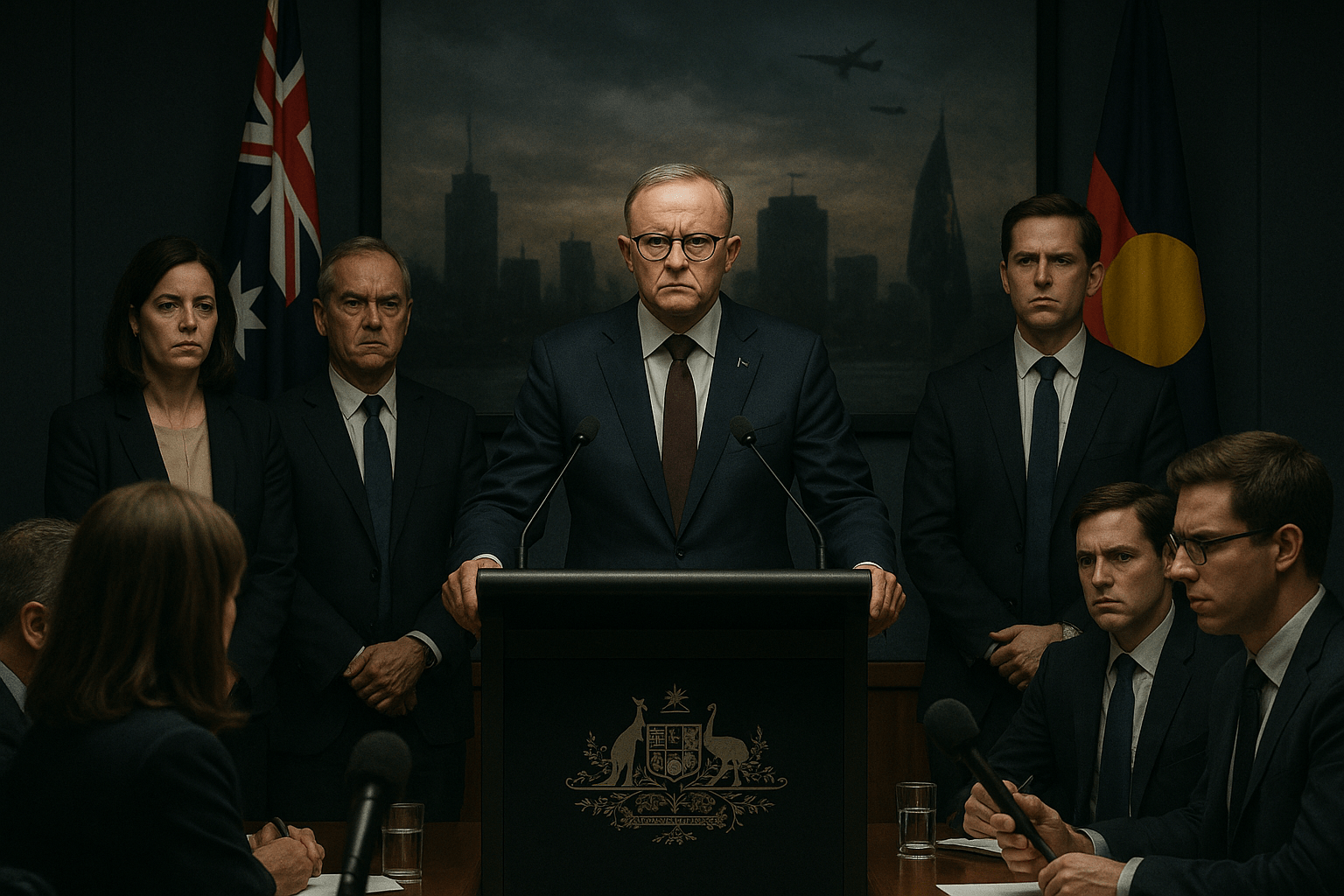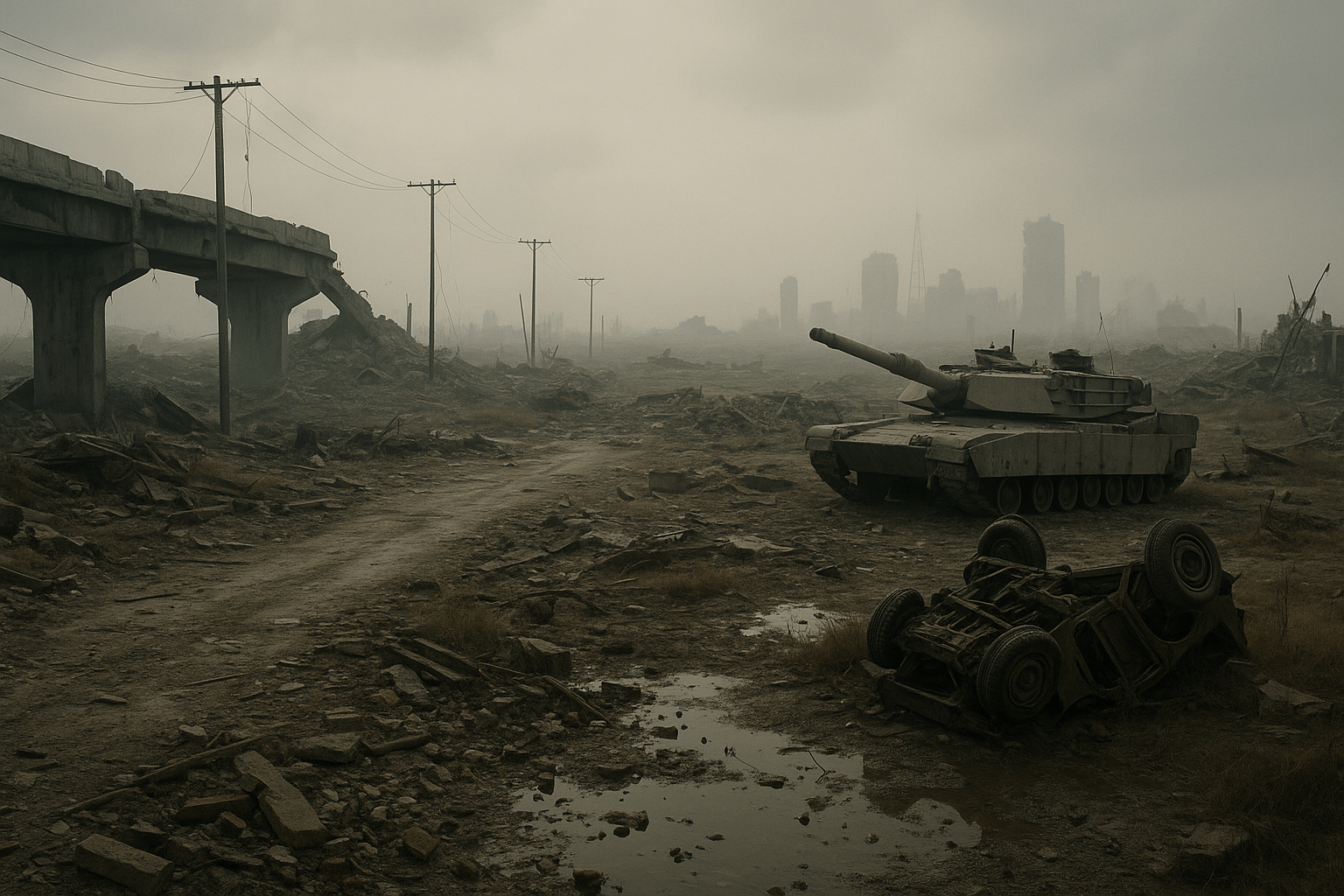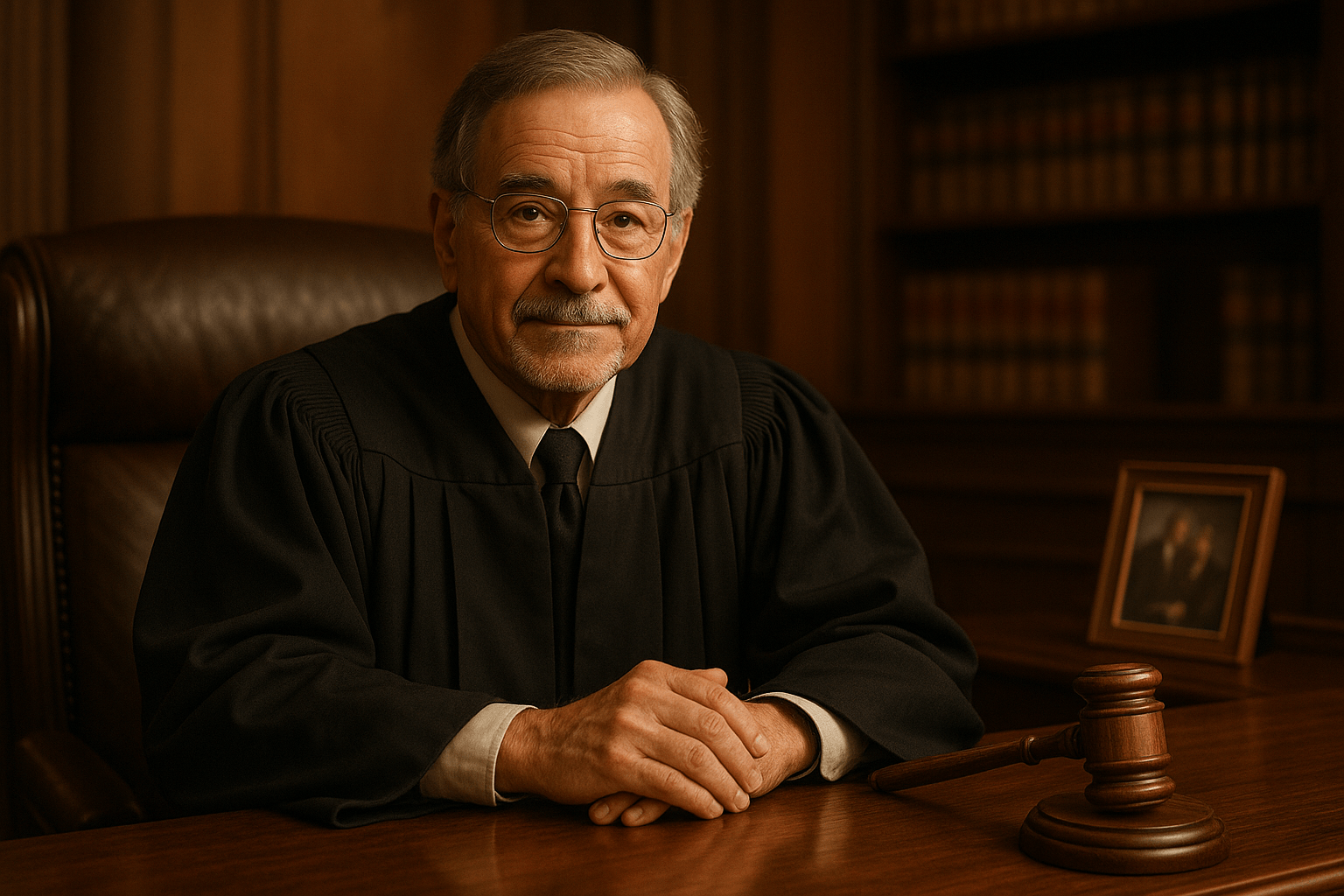Albanese Government Faces Criticism Over ‘Weak’ Response to US Attacks on Iran
The Australian government’s recent response to United States-led attacks on Iranian targets has drawn sharp criticism from political opponents and foreign policy experts alike. As tensions heighten in the Middle East, many are questioning whether the government’s measured statements are enough—and what the broader implications might be for Australia’s foreign policy standing.
Background: The Latest Escalation in the Middle East
The situation began escalating when the United States launched airstrikes on Iranian assets, following a series of provocations and retaliatory actions that have increased volatility across the region. The US justified these strikes as a necessary move to deter further aggression against its interests and allies, including Israel.
Iran’s complex relationships in the region have made these attacks particularly controversial, drawing in international commentary and condemnation from various groups.
Albanese Government’s Response: Too ‘Weak’?
Prime Minister Anthony Albanese and Foreign Minister Penny Wong have called for “restraint and de-escalation.” In official statements, they have expressed concern over renewed violence and emphasized Australia’s commitment to peace and security in the Middle East. However, critics argue that these statements are lacking in substance and leadership, especially given Australia’s alliance with the US and its historic role in global military actions.
Shadow Defence Minister Andrew Hastie accused the government of being “on the sideline,” while several foreign policy experts argued that stronger language—and potentially concrete diplomatic action—was warranted. The response has sparked debate not just within Canberra’s halls of power, but also among academics and policy think tanks.
Expert Opinions: The Need for a Clear Stance
Why is the response being criticized? And what alternative approaches are being suggested?
Experts point out that Australia’s response seems to be an attempt to “hedge bets,” placating both US alliances and a broader global audience that is wary of escalation. Dr. Sara Matthews, a professor of international relations at Australian National University, remarked, “When you have lawyers, not leaders, crafting your foreign policy language, what you get is a lot of ‘concern’ and not enough action.”
Some advocacy groups, such as the Lowy Institute, suggest that Australia risks diminishing its influence on the world stage if it continues to issue only “soft” responses—especially as international events become more unpredictable. In their view, a more robust stance could contribute to broader efforts to deter aggressive state actions.
The Broader Context: Australia’s Place in a Complex World
Australia has always walked a delicate line between supporting its key ally, the United States, and maintaining good relations with nations in Asia and the Middle East. The current government’s approach reflects an ongoing effort to balance national security interests with global peace initiatives.
However, Australia’s historically close partnership with the US means that a tepid response to major geopolitical events can be viewed as inconsistent or even hypocritical. Critics have argued that by choosing carefully worded statements without direct support or condemnation, the Albanese government may not be truly “leading” in diplomatic efforts—but rather, reactively treading water.
Potential Consequences for Australia
- Diplomatic relationships: Countries in the Middle East and regions with strong Iranian ties may interpret the response as lacking courage, potentially impacting future trade or diplomatic efforts.
- National security alliances: The US may question the depth of Australia’s support at a time when major powers are expecting their allies to present a united front.
- Public perception: Australian citizens increasingly expect their leaders to take principled stands on international issues, as global conflicts can have real repercussions on security and the economy at home.
For a detailed look at Australia’s evolving role on the world stage, see this analysis from The Strategist.
What Should Australia Do Next?
Political analysts and civil society groups have several recommendations:
- Engage in Regional Diplomacy: Take a proactive role in regional groups such as the ASEAN and utilize diplomatic channels to promote de-escalation.
- Articulate Clear Principles: Rather than relying on vague statements, the government could articulate clear red lines and principles, signaling where it stands on international law and human rights.
- Public Communication: More transparency and clarity in public addresses could help Australians understand the risks and logic behind the government’s foreign policy choices.
By adopting these strategies, Australia may reinforce its international reputation while also reassuring its domestic audience that it stands for more than just alliances—it stands for values.
Conclusion: Leadership in Uncertain Times
As global uncertainties rise, the world is watching how Australia navigates its commitments and values. The Albanese government’s response to the US attacks on Iran may be seen as an effort to prevent further regional escalation, but critics argue that more decisive action and clearer messaging are needed.
Will Australia continue its “wait and see” approach, or will it step up and take a bolder stance in the ever-evolving landscape of global diplomacy?
For more updates on Australia’s political landscape, follow The Guardian’s Australia coverage.




